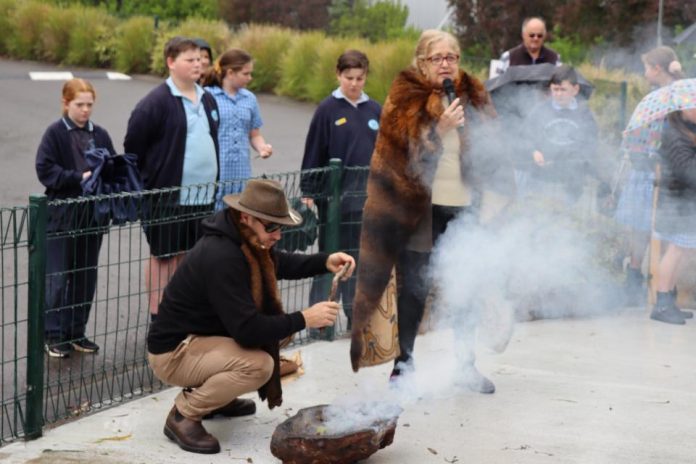
By Mikayla van Loon
A scathing review of how all levels of government are implementing the National Agreement on Closing the Gap has made numerous recommendations to ensure better progress for First Nations people.
The Productivity Commission released its first three-year review into the co-signed document on Wednesday 7 February stating “governments have failed to fully grasp the nature and scale of change required”.
“To date, most government actions and plans to implement the agreement re-label business-as-usual, or simply tweak existing ways of working,” Commissioner Natalie Siegel-Brown said.
“The agreement can and should be a blueprint for real reform, but governments will need to move beyond business as usual and address the entrenched attitudes, assumptions and ways of working that are preventing progress.”
In response, Yarra Ranges Council mayor Sophie Todorov said Closing the Gap was one of the council’s “big focuses”.
“As the first tier of government to have offered an apology to the Stolen Generations in 1997, council is committed to Closing the Gap and improving life outcomes for Aboriginal and Torres Strait Islander people,” she said.
“One of our big focuses is to help drive an understanding of the vital relationship between culture, and health and wellbeing, and that Aboriginal and Torres Strait Islander people need to be given control over the decisions that affect their lives, which is one of the recommendations to come out of the national review into Closing the Gap.”
The Closing the Gap agreement came into effect in 2020 to deliver policies, programs and services for and by First Nations people, to achieve better outcomes in health, life expectancy, education and appreciation of Country and culture.
The initial priority reforms sought to create stronger partnerships with Aboriginal groups and services for shared decision making; improve community controlled programs and services through government support; overhaul government organisations and eradicate racism; and shared access to data.
The commission found, however, a ‘government knows best’ attitude still remained, limiting the decision-making ability of Aboriginal and Torres Strait Islander people.
“Efforts to improve outcomes are far more likely to succeed when Aboriginal and Torres Strait Islander people lead their design and implementation,” Commissioner Romlie Mokak said.
“Nothing will change until this model of partnership, based on genuine power sharing, becomes the rule and not the exception.”
Mayor Todorov said the work of the Indigenous Development Team and Indigenous Advisory Committee has been crucial to making headway in Closing the Gap.
“We’ve supported local Aboriginal elders towards self determination, which has enabled the formation of a community-controlled health organisation, such as Oonah, to help improve the health and wellbeing for the indigenous population in the Eastern region,” she said.
“We know that identifying opportunities to work on Country is a really important way that we can improve health and wellbeing outcomes, which is why we’re so proud of programs like our Firesticks project.”
The council’s previous reconciliation framework expired last year with the new Reconciliation Action Plan (RAP) currently being worked on ready for release later this year.
“This will outline the council’s key strategic reconciliation actions and objectives to further drive progress in this space,” Mayor Todorov said.






